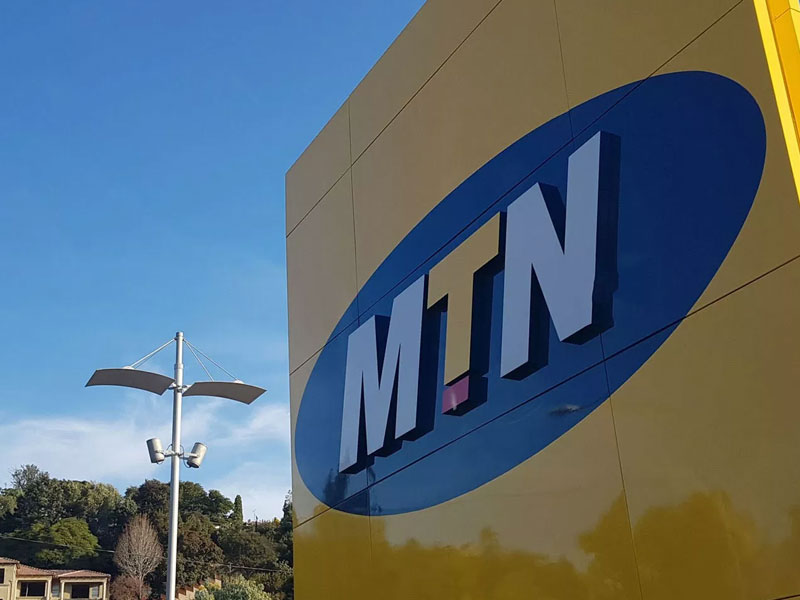
MTN
He recently had his say while speaking to the press, and Nigerians have been reacting.
According to him, electricity, fuel costs and fluctuating exchange rate are all responsible for the hike, and while NLC’s condemnation is understandable from a standpoint of protecting the masses, it is crucial to note that the Nigerian telecom industry is currently under immense pressure.
Tomori added that the industry has seen drastic increases in the costs associated with running telecom services, so they had to respond.
His words, “The media has been full of discussions about the Nigeria Labour Congress’s rejection of the telecom tariff hike, and we, as the leadership of PTECSSAN, feel the need to set the record straight. Our stance is rooted in the reality of what is happening in the telecommunications sector.
The NLC’s condemnation is understandable from a standpoint of protecting the masses, it doesn’t overlook the actual challenges the sector is facing. As a Labour centre, it holds the responsibility of negotiations with the authorities to reach a win-win decision.
It is crucial to note that the Nigerian telecom industry is currently under immense pressure, and this tariff increase is not just a random decision, it’s a necessary move to avoid the sector’s collapse.
We’ve seen drastic increases in the costs associated with running telecom services. These increases stem from factors like the rising prices of fuel, electricity tariffs, and the cost of maintaining telecom infrastructure across the country.
When the Federal Government removed the subsidy on fuel, it led to an immediate and exponential increase in fuel prices. This directly affected our ability to maintain telecom base stations. The price of Automated Gas Oil used to power telecom sites has skyrocketed, as have petrol prices, which fuel the vehicles used by our field engineers. If we did not support this tariff increase, the consequences would have been dire—not only for the telecommunications sector but for Nigeria as a whole, as the collapse of the sector would have a ripple effect on other industries.
When we speak of increasing operational costs, we’re not talking about minor fluctuations. We’re talking about astronomical hikes in the prices of key resources needed to run telecommunications services. Let’s start with the basics: fuel and electricity.
The price of Automated Gas Oil, which powers the base stations, has increased dramatically from N842.25 in May 2023 to an average of N1,441.28. This is a major concern for telecom operators because these base stations allow the networks to function. Moreover, petrol prices, which fuel the cars of our field engineers who maintain base stations and fibre networks, have also risen from N198 to over N1,030 in the same period.
Field engineers are essential to keeping telecom services running smoothly, and their ability to maintain equipment hinges on their mobility. As the cost of fuel continues to rise, so does the challenge of keeping up with maintenance schedules and repairs.
Beyond that, electricity costs have also surged. Electricity tariffs have seen an upward spike with the introduction of bands, which categorise cities into different tariff bands. The cities where telecom operators have their offices – such as Band A cities – now face some of the highest electricity tariffs. This leaves telecom companies with no viable option but to pass on these costs to the consumers.
Additionally, another critical factor is the cost of telecom equipment, which is largely imported. This is where the floating exchange rate policy of the Naira has had an immense impact. The naira exchanged for about N460 to 1 US dollar before May 2023. Now, it’s hovering around N1,700 to 1 US dollar, meaning telecom operators need a much higher amount of Naira to secure foreign currency to import equipment. This has compounded the cost of maintaining and upgrading telecom networks.”
 NaijaVibe NaijaVibe | Download Latest Nigerian Music & Mp3s
NaijaVibe NaijaVibe | Download Latest Nigerian Music & Mp3s